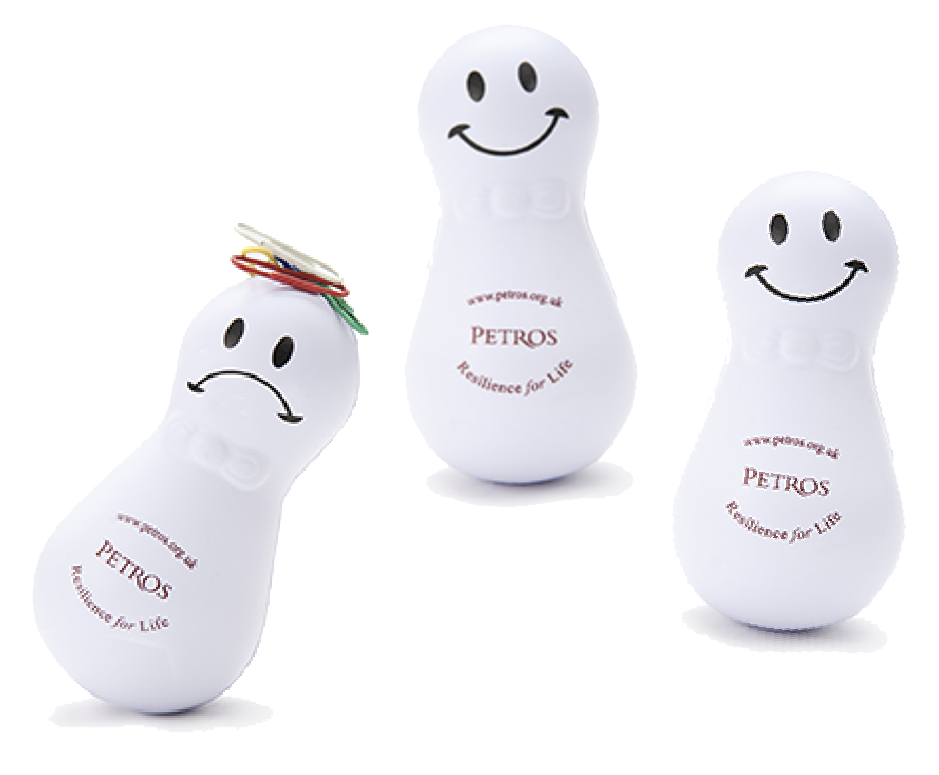Jo opened our conversation by challenging the reductionist notion that safeguarding is ever simple. While definitions often begin with the idea of protecting vulnerable people, she emphasizes that vulnerability is fluid—shaped by relationships, context, emotional state, and a range of other shifting factors.

One of the most practical contributions Jo offers in this episode is a simple but powerful framework for safeguarding in organisations particularly relevant for faith communities, charities, and volunteer-led groups.
She outlines five key domains that help organisations move from reactive safeguarding to preventative, values-led practice:
● Culture - Fostering transparency, daily conversations, and shared responsibility.
Jo’s perspective is both rigorous and deeply compassionate, reminding us that rarely does an organisation get it perfect from the get-go, but all can improve if they create a culture that prioritises reflection and learning. Neither is the practice of safeguarding fixed, its inherently relational nature means it is constantly in flux and benefits from regular and thoughtful review.
3. The Emotional Weight of Safeguarding and the Need for Support
________________________________________
This episode is a grounding place to begin the Faithful Safeguarding series. Whether you’re leading safeguarding in a faith organisation or simply volunteering in your community Jo Clarke’s insights will help you reflect more deeply on what it really means to create safe environments.
You’ll learn:
● Why human relationships are at the heart of safeguarding complexity.
🎧 Listen to Episode 1 of Faithful Safeguarding with Professor Jo Clarke wherever you get your podcasts. Or, if you prefer to read, you can explore a condensed written version of the full interview in our Faithful Safeguarding series magazine feature.







